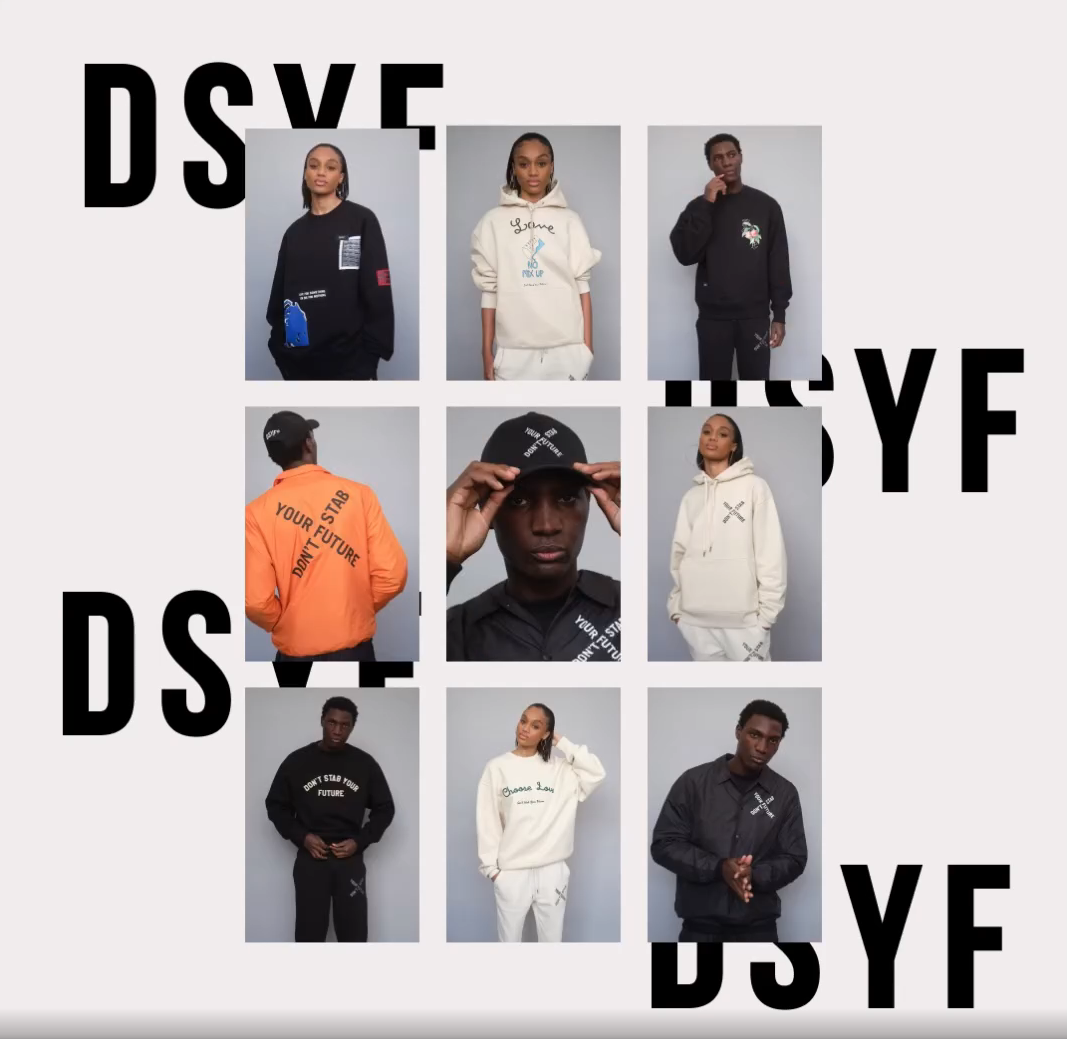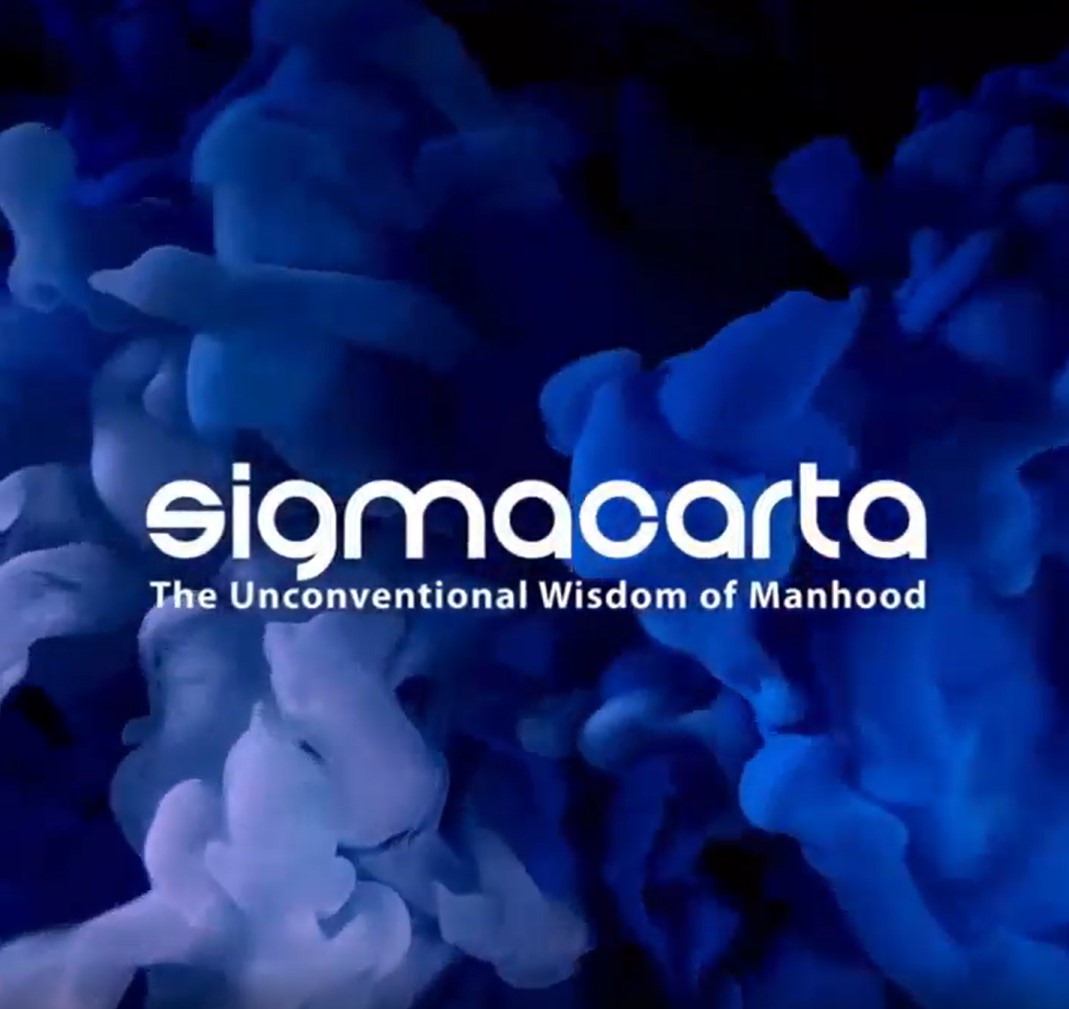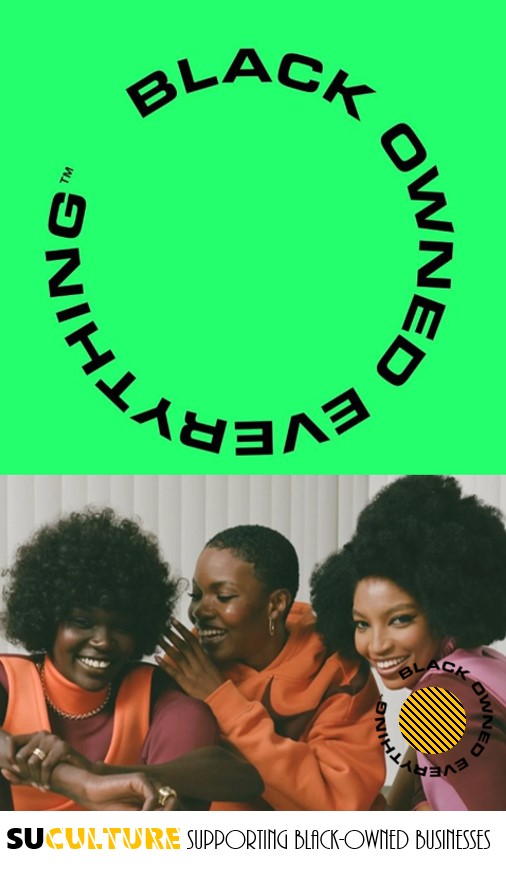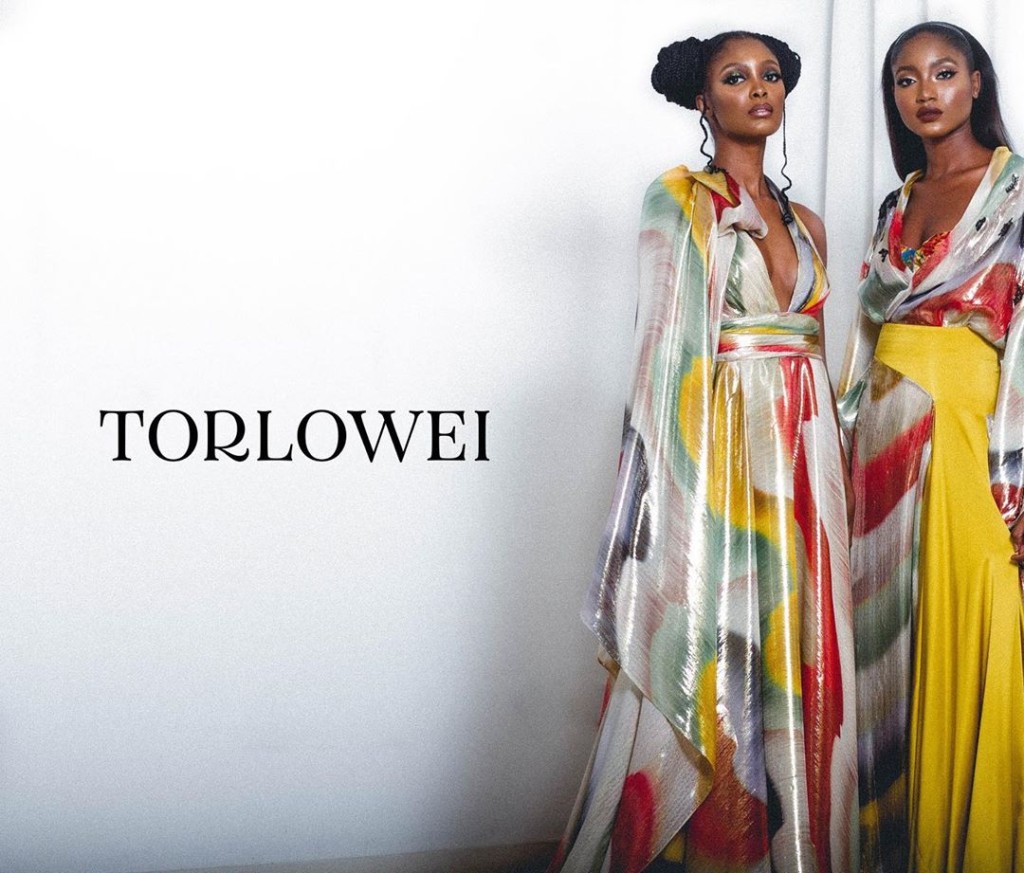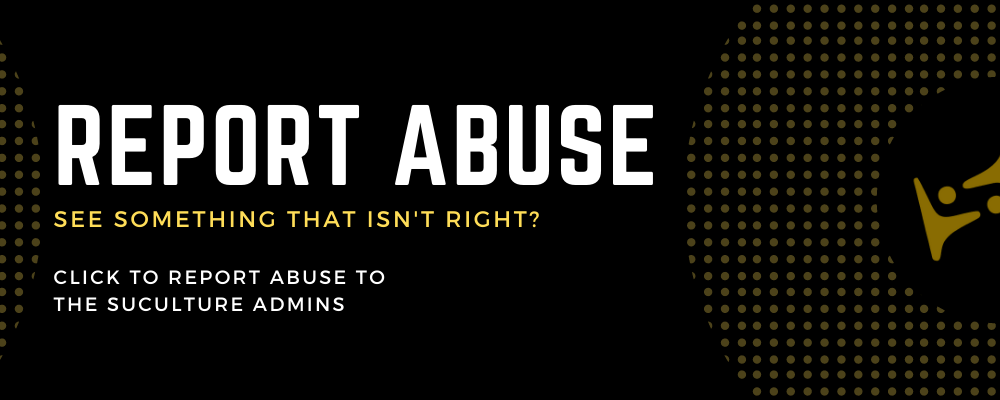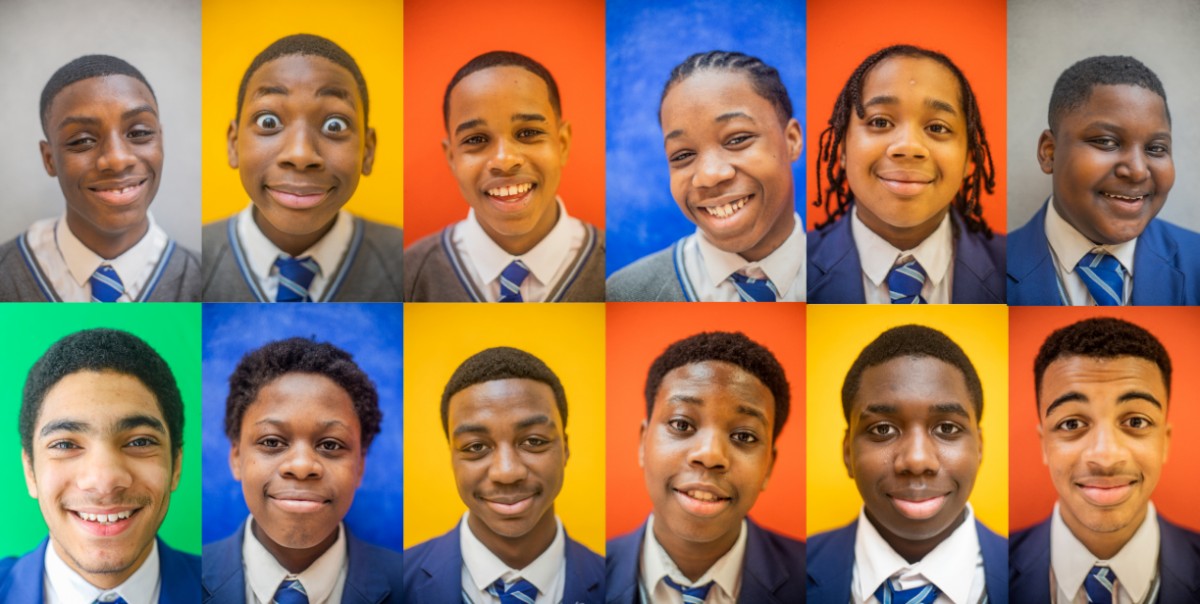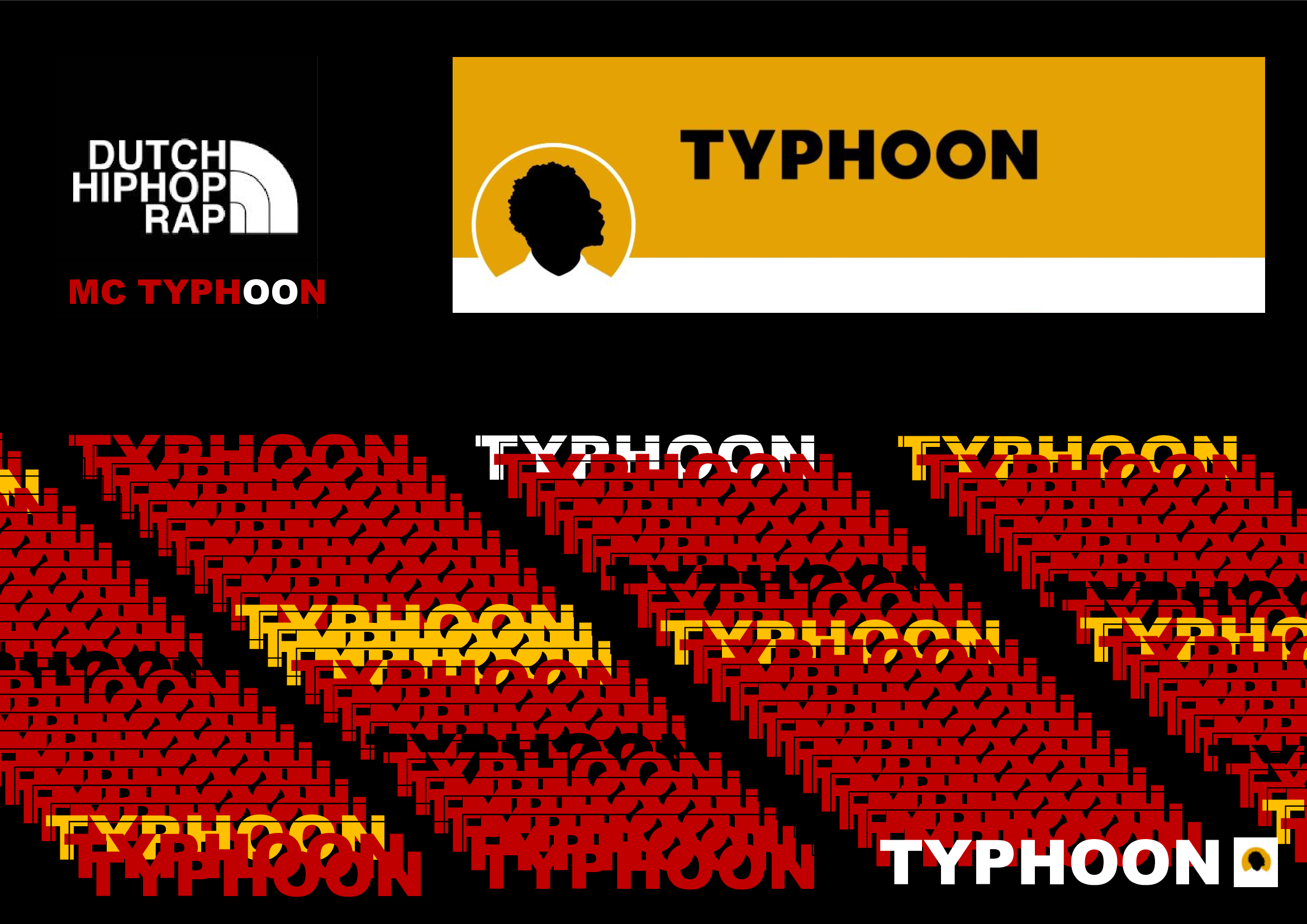@Charlotte L’identité culturelle de Drake est une fois de plus soumise à un examen minutieux !
Bien que ses origines biraciales puissent être hors sujet, des allégations persistent selon lesquelles il adopte des éléments culturels noirs comme costume, s'appropriant prétendument des styles et des sons d'autres artistes de rap et musiciens.
This ongoing narrative posits Drake as a transient figure within the rap community, accused of exploiting relationships with other artists to mimic their creative output for his own commercial gain. Notable voices within the industry, such as Earl Sweatshirt, Rick Ross, and Pusha T, have articulated these concerns, branding Drake as a “culture vulture” over an extended period.
This characterization depicts Drake’s engagement with hip-hop as akin to “cultural tourism,” wherein he selectively appropriates and imitates cultural styles without genuine immersion or understanding.
Kendrick Lamar’s lyrical critique in “Not Like Us” further underscores these themes. Lamar implicates Drake in instances where he allegedly leverages collaborations with artists like Future, Lil Baby, and 21 Savage to bolster his artistic credibility.
Lamar’s portrayal suggests a transactional relationship with the rap community, wherein Drake opportunistically seeks validation and financial gain without demonstrating a sincere commitment to the cultural roots from which he draws inspiration.
Lamar’s narrative draws a crucial distinction between authentic collaboration and exploitative appropriation, foregrounding the importance of genuine engagement and respect within the culture. Thus, the discourse surrounding Drake’s cultural identity extends beyond his biracial heritage to encompass broader questions of authenticity and ethical artistic practice within the hip-hop sphere.

